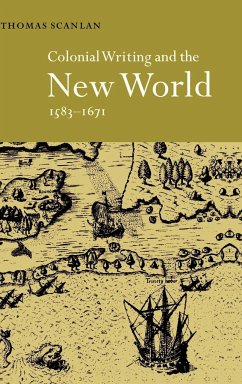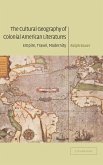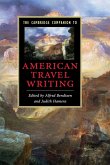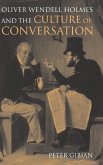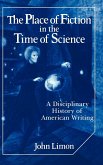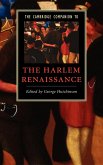Until recently most scholars of Anglo-American colonial history have treated colonialism either as an exclusively American phenomenon or, conversely, as a European one. Colonial Writing and the New World 1583-1671 argues for a reading of the colonial period that attempts to render an account of both the European origins of colonial expansion and its specifically American consequences. The author offers an account of the simultaneous emergence of colonialism and nationalism during the early modern period, and of the role that English interactions with native populations played in attempts to articulate a coherent English identity. He draws on a wide variety of texts ranging from travel narratives and accounts of the colony in Virginia to sermons, conversion tracts and writings about the Algonquin language.
Table of contents:
Preface; 1. The allegorical structure of colonial desire; 2. Fear and love: two versions of Protestant ambivalence; 3. Forging the nation: the Irish problem; 4. Preaching the nation; 5. Love and shame: Roger Williams and A Key into the Language of America; 6. Fear and self-loathing: John Eliot's Indian Dialogues; Coda; Index.
Colonial Writing and the New World 1583-1671 offers an account of the simultaneous emergence of colonialism and nationalism during the early modern period. It suggests that colonialism is best understood as a phenomenon which had profound significance for people on both sides of the Atlantic.
Looks at implications of colonialism for both English and Americans.
Hinweis: Dieser Artikel kann nur an eine deutsche Lieferadresse ausgeliefert werden.
Table of contents:
Preface; 1. The allegorical structure of colonial desire; 2. Fear and love: two versions of Protestant ambivalence; 3. Forging the nation: the Irish problem; 4. Preaching the nation; 5. Love and shame: Roger Williams and A Key into the Language of America; 6. Fear and self-loathing: John Eliot's Indian Dialogues; Coda; Index.
Colonial Writing and the New World 1583-1671 offers an account of the simultaneous emergence of colonialism and nationalism during the early modern period. It suggests that colonialism is best understood as a phenomenon which had profound significance for people on both sides of the Atlantic.
Looks at implications of colonialism for both English and Americans.
Hinweis: Dieser Artikel kann nur an eine deutsche Lieferadresse ausgeliefert werden.

